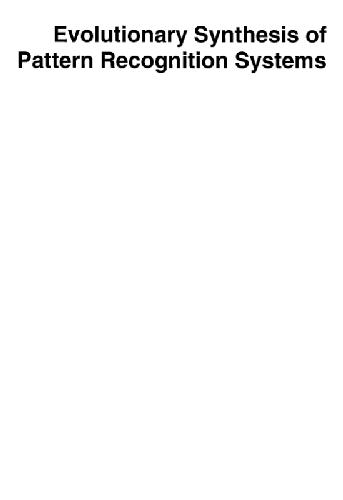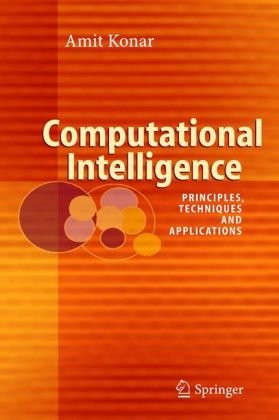Bir Bhanu, Yingqiang Lin, Krzysztof Krawiec0387244522
Evolutionary computation is becoming increasingly important for computer vision and pattern recognition and provides a systematic way of synthesis and analysis of object detection and recognition systems.
Incorporating learning into recognition systems will enable these systems to automatically generate new features on the fly and cleverly select a good subset of features according to the type of objects and images to which they are applied.
This unique monograph investigates evolutionary computational techniques–such as genetic programming, linear genetic programming, coevolutionary genetic programming and genetic algorithms–to automate the synthesis and analysis of object detection and recognition systems.
The purpose of incorporating learning into the system design is to avoid the time-consuming process of feature generation and selection and to reduce the cost of building object detection and recognition systems.
Researchers, professionals, engineers, and students working in computer vision, pattern recognition, target recognition, machine learning, evolutionary learning, image processing, knowledge discovery and data mining, cybernetics, robotics, automation and psychology will find this well-developed and organized volume an invaluable resource.
Table of contents :
Introduction….Pages 1-9
Feature Synthesis for Object Detection….Pages 11-78
Mdl-Based Efficient Genetic Programming for Object Detection….Pages 79-119
Feature Selection for Object Detection….Pages 121-164
Evolutionary Feature Synthesis for Object Recognition….Pages 165-199
Linear Genetic Programming for Object Recognition….Pages 201-232
Applications of Linear Genetic Programming for Object Recognition….Pages 233-276
Summary and Future Work….Pages 277-281







Reviews
There are no reviews yet.